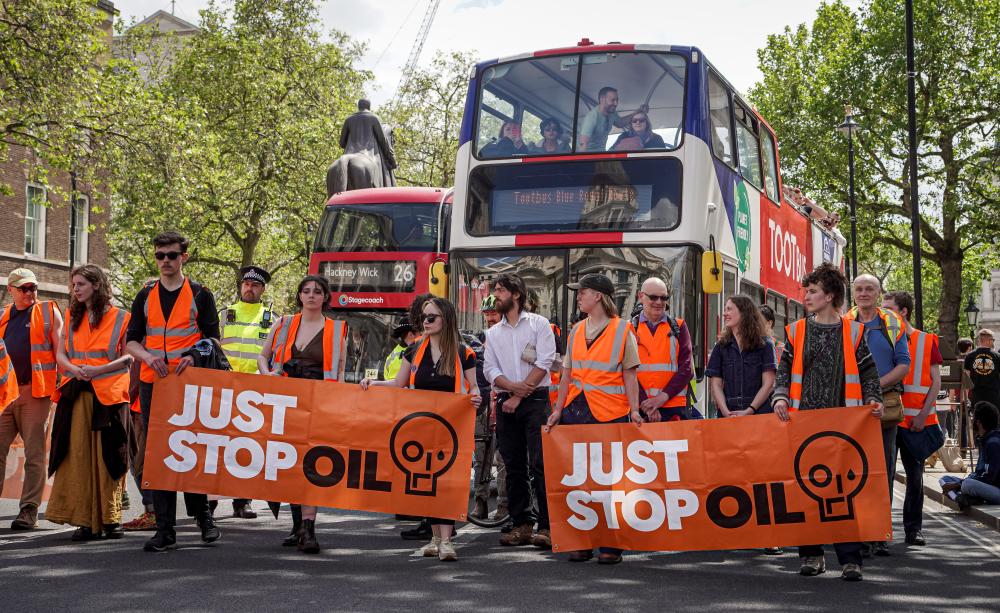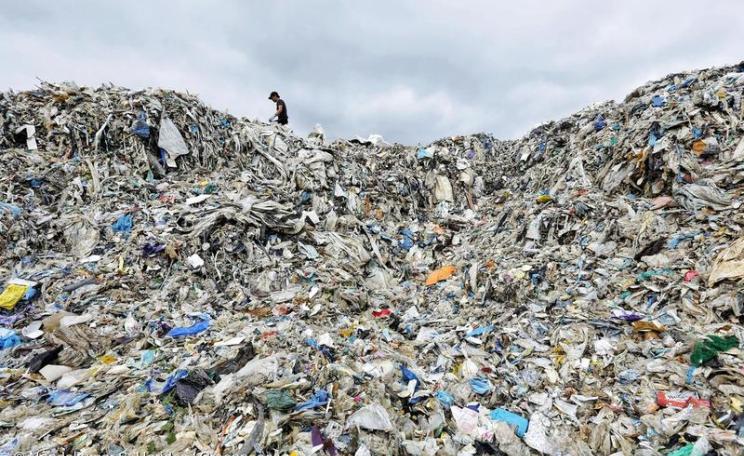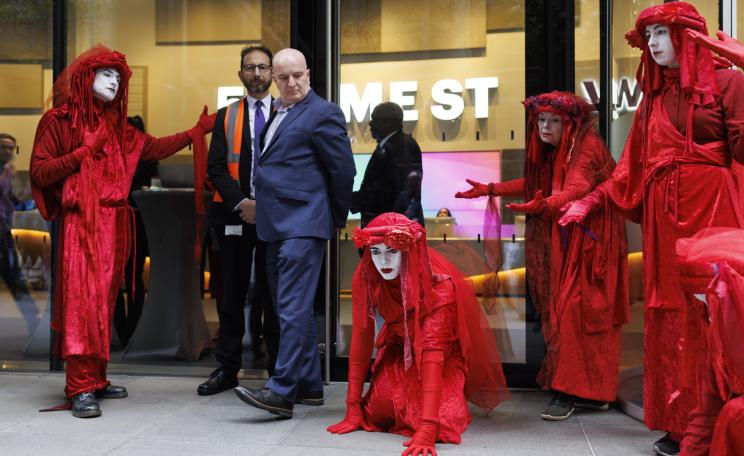Our evidence clearly shows a global crackdown in liberal democracies as well as autocracies.
British police arrest climate and environmental protestors at nearly three times the global average rate, according to researchers at the University of Bristol.
The highest proportion of protestors arrested was found in Australia, where one in five were apprehended by police. This was followed by 17 per cent in the UK – much higher than the international average of 6.3 per cent.
The report, led by the University of Bristol, is the first to examine global statistics on this form of protest. It found that more countries are criminalising and repressing protest in a bid to keep it in check, with a raft of new anti-protest legislation enacted.
Crackdown
Lengthy prison sentences were being given to non-violent protesters to act as a deterrent. For example, this year in the UK many climate activists have been sent to prison, with the longest sentence being five years.
The researchers identified the main ways being used to criminalise and repress climate and environmental protests.
These include the introduction of anti-protest laws; criminalisation of groups the introduction of new crimes; making punishment more severe for existing crimes; increasing police powers; and giving officers impunity when harming activists. Protest is also being criminalised through prosecution and courts.
Dr Oscar Berglund, senior lecturer in international public and social policy at the University’s School for Policy Studies, was the lead author of the report.
They said: “This research sheds important light on how the growing pursuit of climate and environmental protest is being handled globally. Our evidence clearly shows a global crackdown in liberal democracies as well as autocracies.”
Regressive
State policy is focusing on punishing dissent against inaction on climate and environmental damage, rather than taking action on these issues. “It also represents authoritarian moves that are inconsistent with the ideals of vibrant civil societies in liberal democracies,” they added.
Earlier this year, Michel Forst, UN special rapporteur on environmental defenders under the Aarhus Convention expressed “serious concern” about the UK’s “increasingly severe crackdowns” on environmental protests.
They flagged in particular the Police, Crime, Sentencing and Courts Act 2022, which had introduced the criminal offence of “public nuisance”, punishable by up to ten years imprisonment, and the Public Order Act 2023.
“Prior to these legislative developments, it had been almost unheard of since the 1930s for members of the public to be imprisoned for peaceful protest in the UK,” they added, calling the new laws “regressive”.
This Author
Catherine Early is a freelance environmental journalist and chief reporter for The Ecologist. Find her on BlueSky @catearly.bsky.social.







